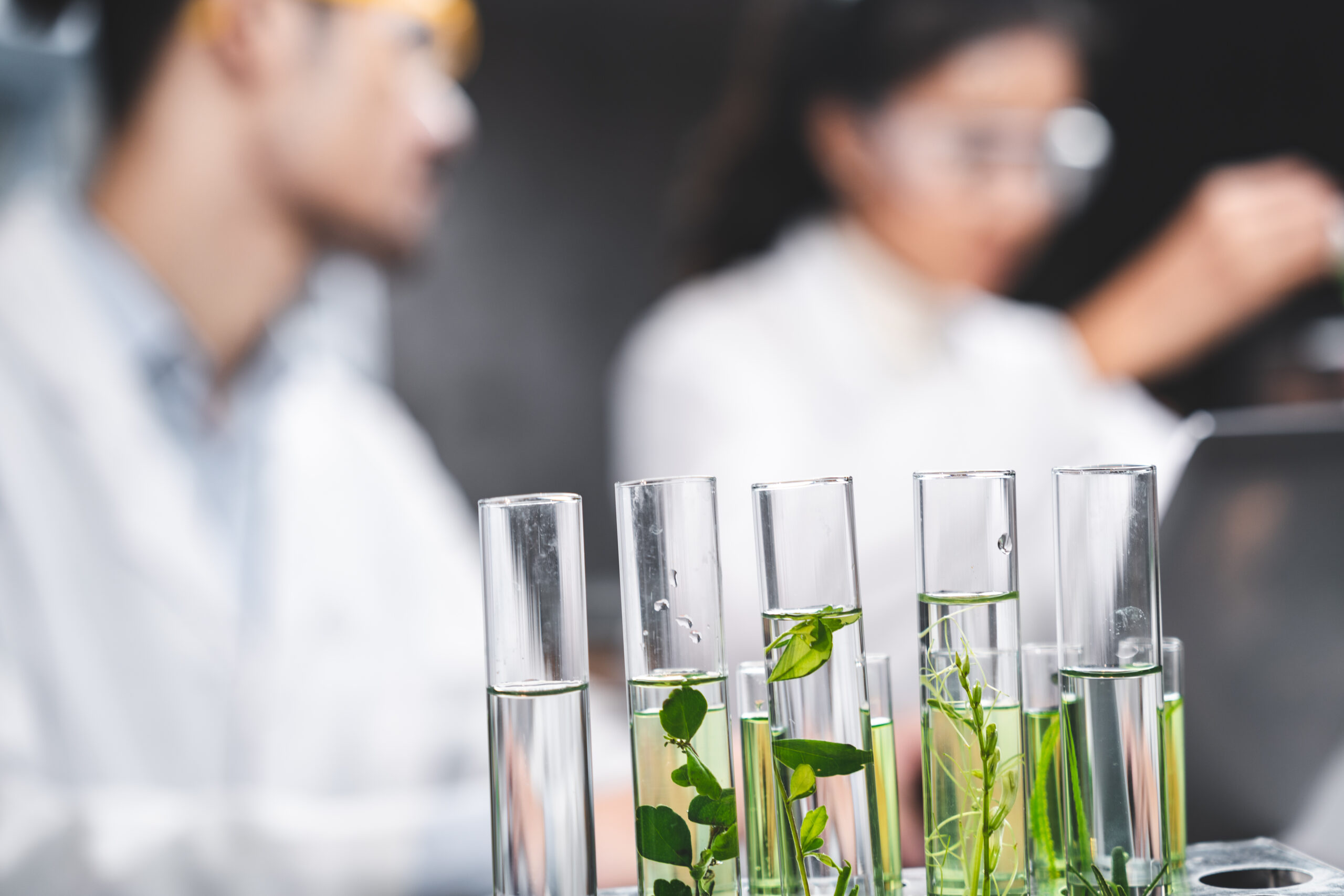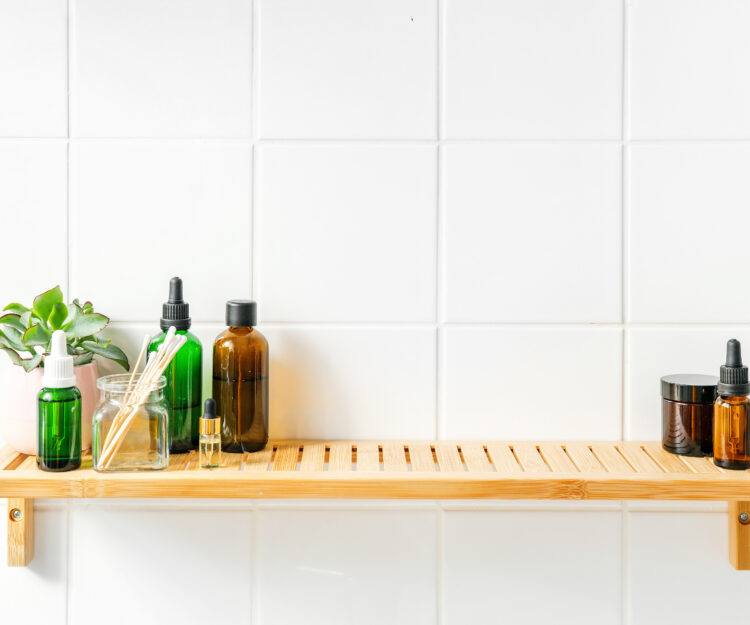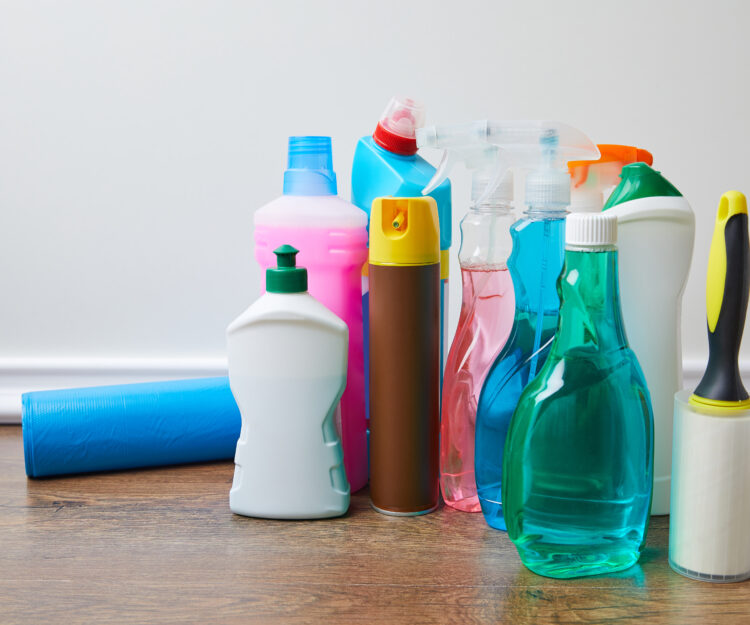Let’s face it: you start talking about chemistry, and people tune out.
I can’t blame them. Too many chemists use long, unpronounceable words to describe substances that no one’s ever heard of, and processes that are so nuanced and specific that they mean nothing to the average person.
But if you sell health, beauty, or cleaning products, you’ve got to know your chemistry.
Because chemistry spells the difference between a great product, and a mediocre or even harmful one.
In this article, we will delve into the magic that happens when science meets innovation. Let’s explore the untapped potential of chemistry and shed light on Alkuhme’s unrivaled expertise in this area.
The problem with “chemistry” talk among health, beauty, and cleaning products
Although I could spend a good hour talking about all the problems in our industry, the one that stands out is a lack of reliable information.
Too many trade publications lack the comprehensive knowledge that helps the general public understand and (more importantly) trust alternative health, beauty, and cleaning products. Unfortunately, this lack of quality information hinders brands’ ability to make informed decisions and develop safe, effective products.
The result: too many products that are harmful to the end user—sometimes unintentionally, sometimes because the company prioritized profit over the safety of the end customer.
What’s more, companies frequently label their products as “green” or “natural” without proper verification. This has resulted in lawsuits and the potential for harmful products. A prime example is Tide, Arm & Hammer, and Gains toting the “natural and safe” aspect of their branding only to later have to recall the product.
Unfortunately, the “green” industry isn’t exempt from these problems. Especially those companies who prioritize mass production, it’s easy for flawed practices to abound.
What’s more, there’s also the question of efficacy: will the product do what you claim it will do?
If you work with a standard white-label partner, you’ll likely end up with a generic product that you just slap your brand label onto. There’s no customization, no uniqueness to the product.
Oh, and you have to trust that the white-label partner knows what they’re doing.
Part of the benefit of working with a private-label partner is that you’re involved in the process every step of the way. You won’t have to doubt their expertise, because you’ll see it in action.
So if you’re looking for a private-label partner, it’s important to vet your vendors. Only partners with a deep understanding of chemistry, chemical safety, and safe practices can follow through on their promises to offer safe, effective, all-natural products that delight your end customers.
What aspects of chemistry come into play when developing your health, beauty, or cleaning product?
An experienced chemist can help you build a customized health, beauty, or cleaning product by meticulously formulating, testing, and optimizing the product to meet your specifications and deliver superior quality.
- Ingredient selection
- Chemical reactions and formulation
- Safety and toxicology
- Stability and shelf life
- Regulatory compliance
- Performance and efficacy
- Sustainability and environmental impact
Chemists carefully select ingredients used to formulate their products, taking a close look at their intended purpose and the desired results. Some factors they consider include functionality, compatibility with other ingredients, stability, safety, and environmental impact.
Chemists can use a number of chemical reactions and formulation techniques to create your product. Part of their process is to consider the compatibility and reactivity of different ingredients, like pH, viscosity, foaming ability, emulsification, and solubility.
If you want happy customers, you need to ensure your product is safe. Your chemist will consider the risks associated with the ingredients you use; these risks can include skin or eye irritation, sensitization, or toxicity. They’ll perform various tests, including in vitro and in vivo studies, to make sure your product causes no harmful effects.
Chemical composition changes under various conditions—light, temperature, humidity. Chemists will take this into account when creating product formulations, ensuring that they maintain their efficacy, appearance, and quality of experience throughout their intended shelf life.
Any health, beauty, or cleaning product will be subject to certain regulations. Chemists are responsible for understanding these guidelines and working to formulate products that avoid exposing the company to governmental intervention.
If you’re going to create and sell a product, it should achieve its desired benefit. This sounds obvious, but you’d be surprised how many companies ignore or skip this important step. Good chemists work to maximize the product’s effectiveness, without sacrificing safety or causing harm to the environment.
Often companies create environmentally harmful products because they don’t know about safe alternatives that offer the same results! An informed chemist will understand all the chemical “tools” in your toolbelt and strike a balance between sustainability, cost, and the customer’s experience.
What pitfalls can informed chemistry help you avoid?
Your private-label chemist will use the various factors above to help avoid some major pitfalls common to health, beauty, and cleaning products—some of which the major brands make themselves!
- Formaldehyde and preservatives
- Greenwashing
- Non-differentiated products
Formaldehyde and preservatives often find their way into wellness products thanks to their antimicrobial properties. However, these ingredients come with potential health risks, including:
- • Skin irritation
- • Allergic reactions
- • Respiratory issues
It is essential to be mindful of these dangers and make informed choices by opting for safer alternatives in the realm of wellness products.
As consumers increasingly prioritize eco-friendly products, greenwashing has emerged as a kind of marketing ploy within the industry.
But many companies who claim to be “green” don’t actually use sustainable ingredients. No wonder people don’t trust them!
So if you truly want to offer sustainable products, you need transparency in the ingredients, formulations, and chemistry that go into building your products. If your private-label partner is truly sustainable, then they should offer this information gladly.
There are thousands of health, beauty, and cleaning products on the market. If you want to stand out, you can’t offer the same thing everyone else is.
But if you work with a standard white-label partner, that’s just what you’ll get—the same product as everyone else, just with your brand sticker slapped onto it.
When you have a private-label partner with chemistry expertise, you know that they have what it takes to make the changes, customizations, and enhancements that will set you apart from the rest of the market.
Alkuhme’s commitment
In a world where chemistry often takes a backseat in product development, Alkuhme stands out as a beacon of commitment and expertise. Our unwavering commitment to safety, efficacy, sustainability, and customization sets us (and your brand) apart in the wellness industry.
With Alkuhme, you can be confident in the chemistry behind the label. Elevate your brand and deliver exceptional results by partnering with Alkuhme’s internal chemistry experts. Experience the power of science and innovation in private label manufacturing.
Contact Alkuhme today to revolutionize your product offerings and meet the growing demand for safe and effective wellness solutions.








